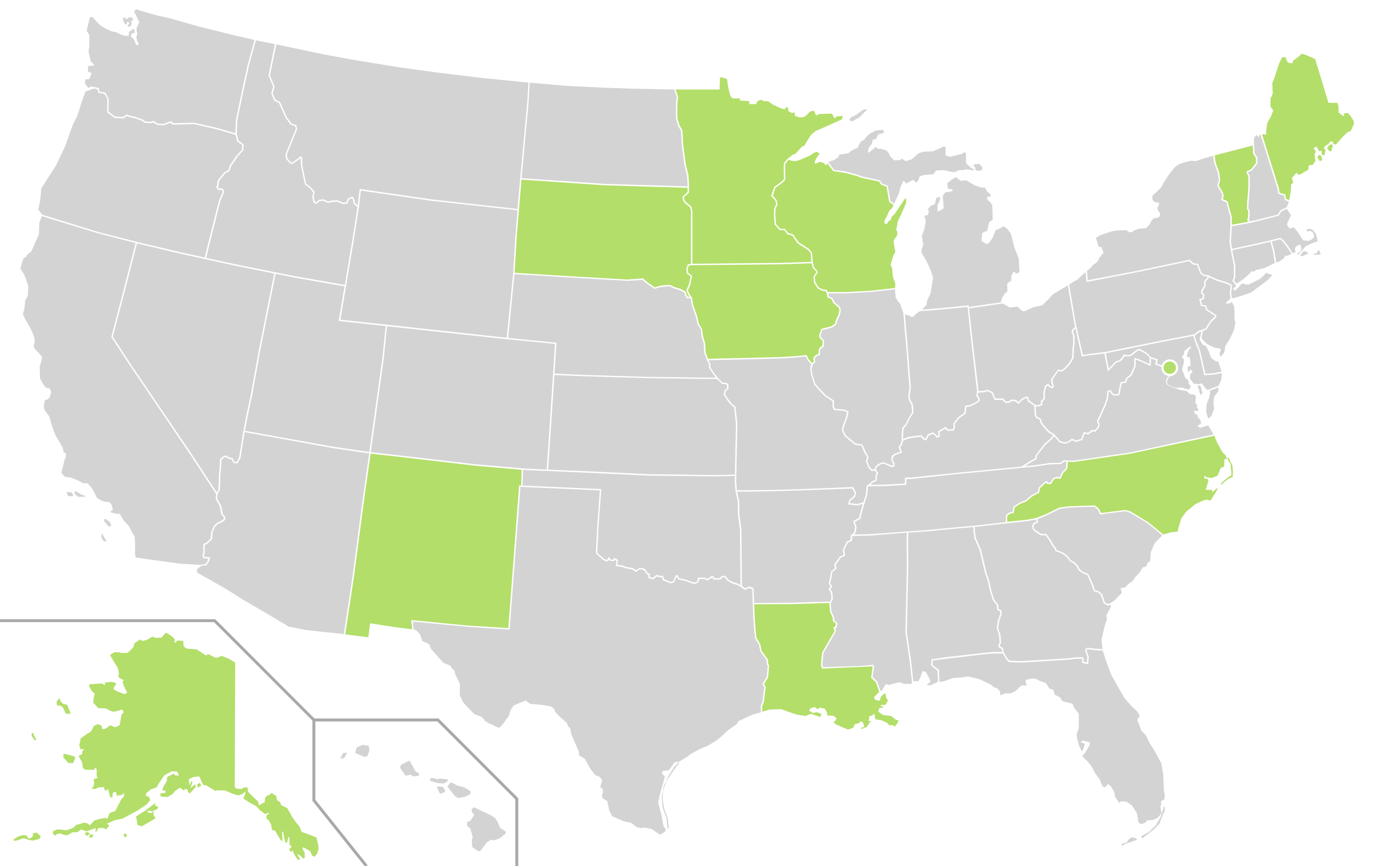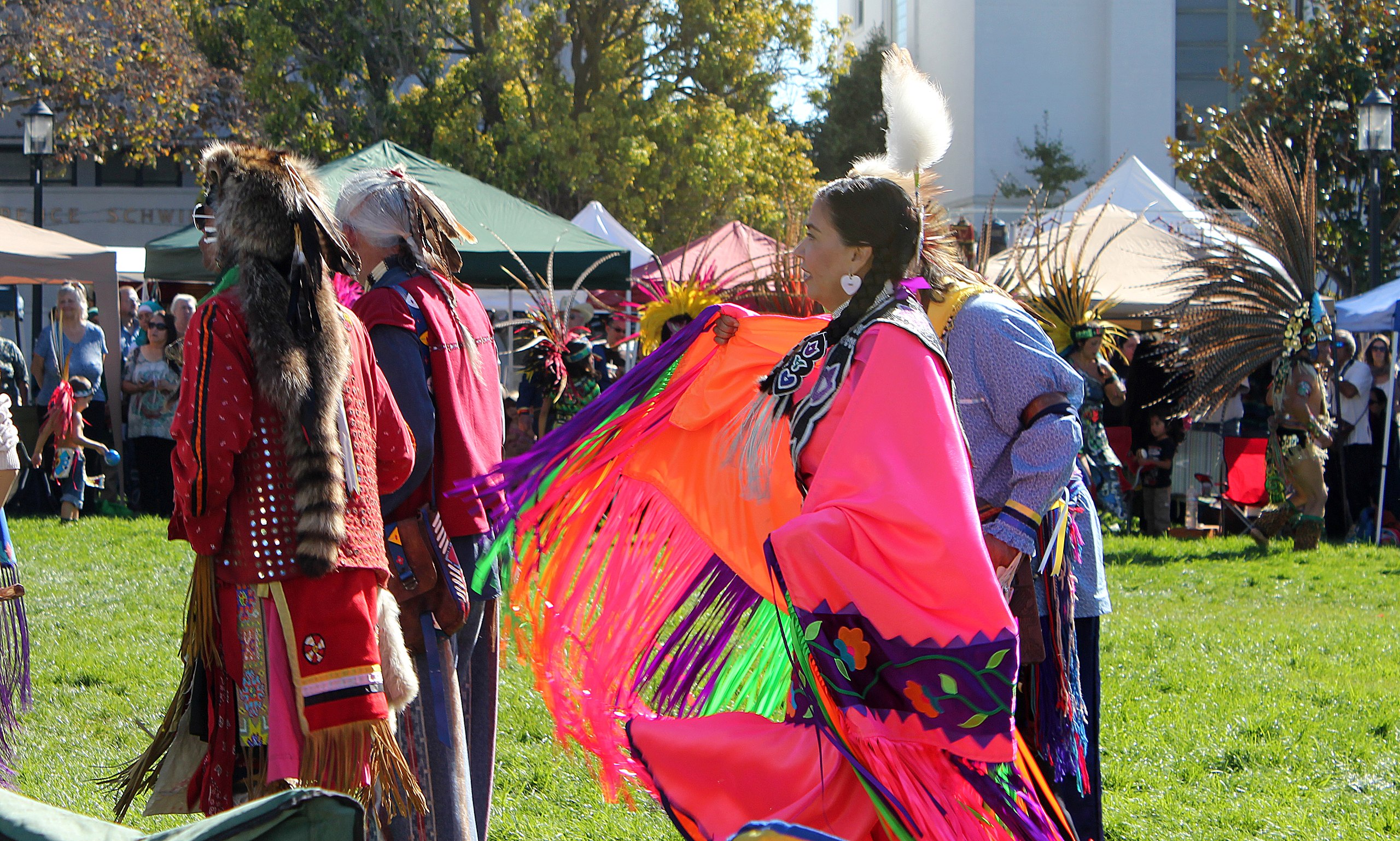
Columbus Day, which is commemorated annually on the second Monday in October, has been a US federal holiday since 1934. However, the celebration, honoring Christopher Columbus's arrival to the Americas, has always been somewhat controversial due to the European settlers' brutal treatment of the Native American people. It has also been argued that the indigenous people had already "discovered" America by the time Columbus landed on the Bahamian island he named San Salvador on October 12, 1492.
While some states, such as Oregon, Iowa, and Nebraska, never observed the holiday, others began altering their celebration as the years passed. Hawaii renamed the holiday "Discoverers' Day" — in honor of the state’s Polynesian founders — in 1971, while South Dakota changed it to "Native American Day" in 1990. As public awareness increased, numerous schools and universities across the country also stopped marking the event. A 2015 survey conducted by the Pew Research Center found that Columbus Day was the most inconsistently celebrated US holiday.

Though the shift in sentiment was encouraging, many people were still not happy that Columbus Day remained an official federal holiday. In 1977, a delegation of Native nations, attending the International Conference on Discrimination Against Indigenous Populations in the Americas, suggested renaming Columbus Day to "Indigenous Peoples’ Day." They believed the change would help honor the victims of American colonization. The resolution passed by an overwhelming majority, but implementing the change was not easy.
In 1992, Berkeley, CA, became the first city to rename Columbus Day to Indigenous Peoples’ Day, with Santa Cruz, CA, following shortly after, in 1994. However, the momentum slowed down again until 2014, when Minneapolis, MN, Grand Rapids, MN, and Seattle, WA, decided to adopt the change. Since then, over 100 cities and states and numerous universities nationwide have switched to the new name.
On March 11, 2020, Colorado passed legislation to replace Columbus Day with Cabrini Day in honor of Frances Xavier Cabrini. The Italian-American Roman Catholic nun is credited with establishing 67 schools, hospitals, and orphanages in the United States and South and Central America throughout her lifetime. On September 4, 2020, Arizona governor Doug Ducey signed a proclamation that recognized Indigenous Peoples' Day on Oct. 12, 2020. However, it does not replace Columbus Day as a federal holiday.

The movement to alter the name has also gained ground in Latin America. Argentina, Colombia, Chile, Costa Rica, Ecuador, Honduras, Mexico, and Uruguay have all renamed Columbus Day to “Dia de la Raza,” or “Day of the Race." The holiday celebrates Latin America's mixed indigenous and European heritage and culture. Venezuela and Nicaragua's "Día de la Resistencia Indígena," or "Indigenous Resistance Day," honors the indigenous population's past and ongoing struggles.
However, not everyone believes a name change is necessary. Italian Americans, who have made Columbus Day the centerpiece of Italian Heritage Month — which is celebrated throughout October— argue the holiday honors the history of immigration, not the explorer. Therefore, they believe the name should be retained or changed to something more appropriate, like Italian Heritage Day. What do you think? Be sure to let us know by adding your comments below.
Resources: CNN.com, Wikipedia.org
